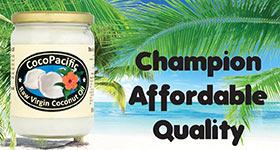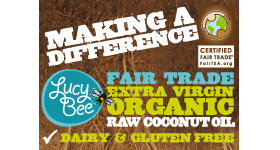|
|
Alternative antibiotics 2007 |
|
There are times when pharmaceutical antibiotics are a necessity and can save lives, but for those with a drug sensitivity, an intolerance to any of the many excipients used in drug manufacture or any problems with compromised gut flora, they can create far more problems than they solve. |
Although there are times when pharmaceutical antibiotics are a necessity and can save lives, their use is associated with a number of problems. Apart from antibiotic allergy, their use can lead to the extermination of beneficial gut bacteria and the encouragement of antibiotic-resistant strains of bacteria. Moreover, a recent analysis of five studies with 27,167 children shows that antibiotic use in children under the age of one can double the incidence of asthma, and this risk increases with each successive course of the drugs. Echinacea (E purpurea and E augustifolia) is a well known and safe antibiotic and immune-supporter. Take either 250mg powder or 3-15 drops liquid extract in water three times daily, or every two hours in the case of acute infection. Goldenseal (Hydrastis canadensis) is a broad-spectrum antibiotic which also improves immune function. Take 500mg, or 30 drops tincture, three times a day until the infection improves - usually a week or so - but do not use goldenseal continuously for more than three weeks. Click here for more. Garlic is a remarkable antibiotic and anti-viral. Eat 2-6 raw garlic cloves or take 2-6 garlic capsules daily with meals. The oil from a pierced capsule can be squeezed into the ear or nose to treat infection topically. Click here for more. Bearberry (Uva ursi) is one of the best herbal antibiotics for urinary infections. Take 500 mg in capsule form (10% to 20% arbutin) or 60 drops (1ml) of tincture four times daily - except in children under 12 and pregnant or breast-feeding women. In these cases, or if needing to continue treatment for longer than two weeks, advice should be sought from a healthcare practitioner. Click here for more. Cranberry juice can also help to halt a mild urinary infection (450ml pure unsweetened cranberry juice daily), although its main role is in the prevention rather than the treatment of infection. Ed. First Published in 2007 |








